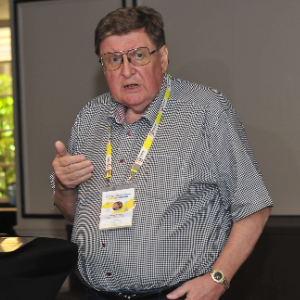Title : Disorders of consciousness: Basic and applied research
Abstract:
Analysis of clinical neurological and radiological data (MRI and FDG-PET) of patients with disorders of consciousness after coma (vegetative state, minimal consciousness state), obtained during the course of their treatment, has shown that a more prominent improvement of consciousness was observed when functional changes in the brain (glucose hypometabolism) prevail over structural pathology. Patients with corresponding functional and structural changes had minimum or lack of recovery. This phenomena might be explained if we consider disorder of consciousness as a stable pathological state (SPS), formed under the influence of the primary damaging factors (trauma, anoxia, etc.), and then “consolidated” and stabilized by further factors of damage developed during the course of disease of the brain (hydrocephalous, inflammatory, etc.). Correction of factors which stabilize the SPS contributes to its destabilization and improvement of consciousness. These ideas constitute the basis for the development of effective diagnostic and prognostic criteria and new approaches to treatment of disorders of consciousness. We found that influence at «peripheral level» unexpectedly resulted in an improvement of consciousness: reduction of generalized spasticity at the level of muscles (with botulinum toxin therapy) resulted in the improvement of functional state of the brain (according to positron emission tomography and clinical data). Electrophysiological studies (EEG) showed that central effects of botulinum toxin therapy start immediately with the beginning of reduction of afferentation from the muscles. Taking into account the polyfunctionality of neurons, we offer a possible underlying physiological mechanism: blocking permanent neuromuscular transmission in spastic muscles reduces the abnormal afferent and efferent hyperactivity of motor and sensory neuronal circuits, and therefore liberates the functional neuronal brain networks for other activities, including maintenance of the higher functions.
Audience take away:
During this lecture, both basic mechanisms of the brain and the results of applied studies that were carried out based on this new knowledge will be discussed. These considerations and data are useful for a better understanding of the brain mechanisms. They may be used in designing of future research and in teaching.




